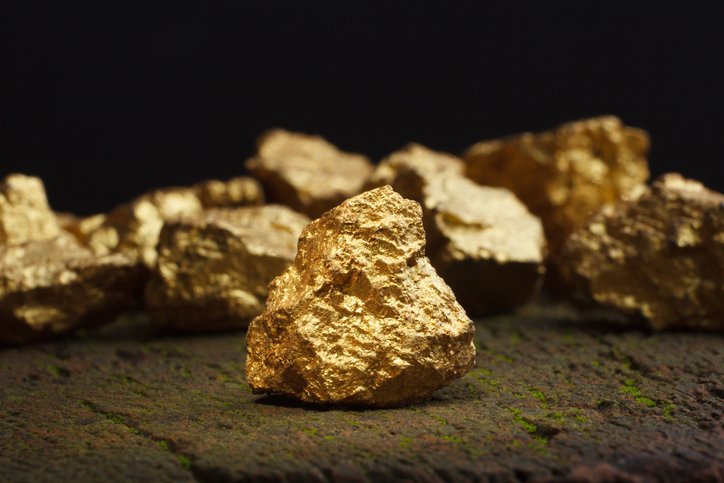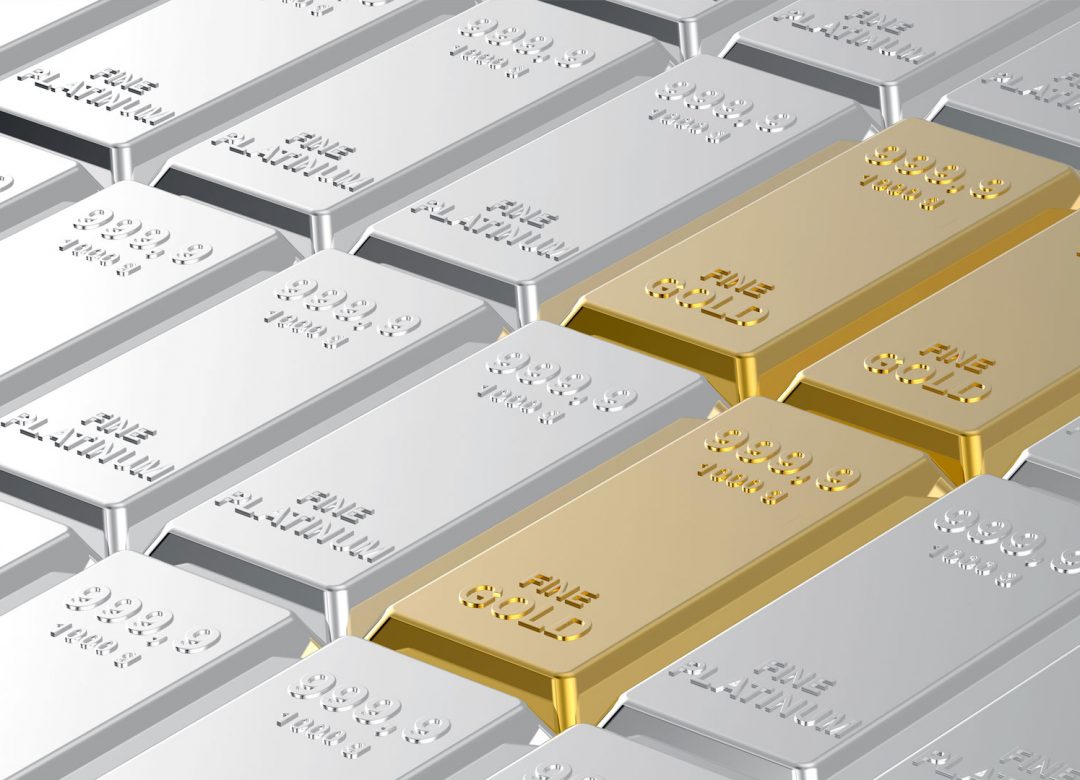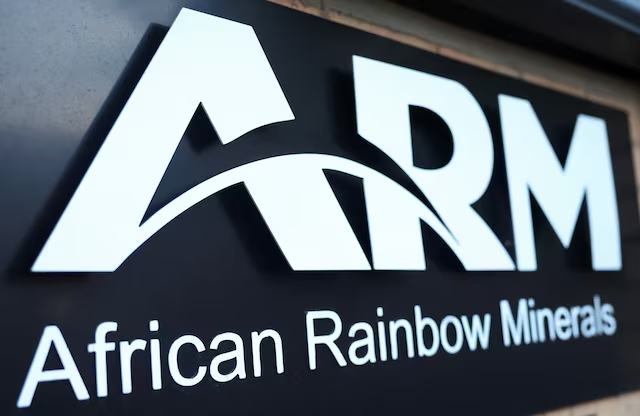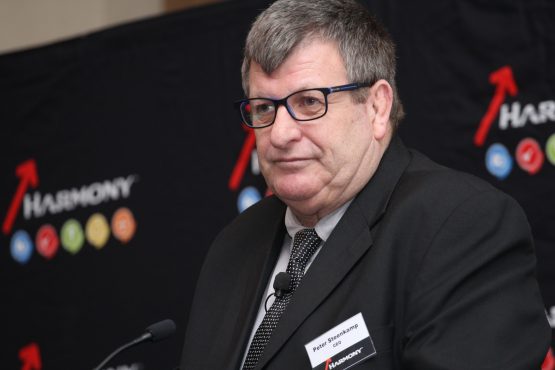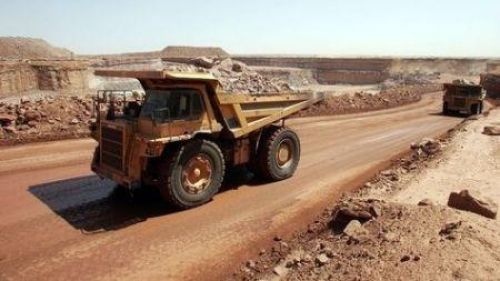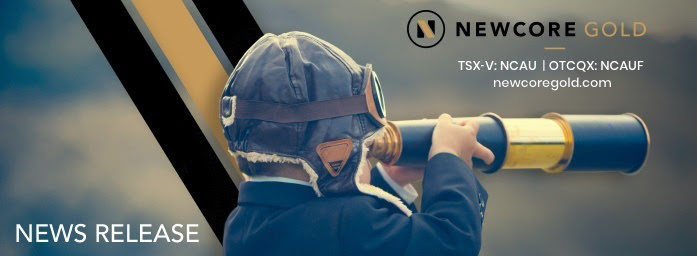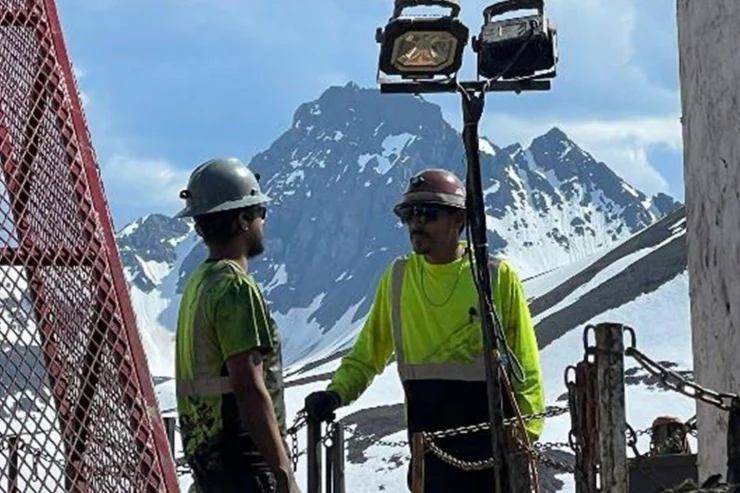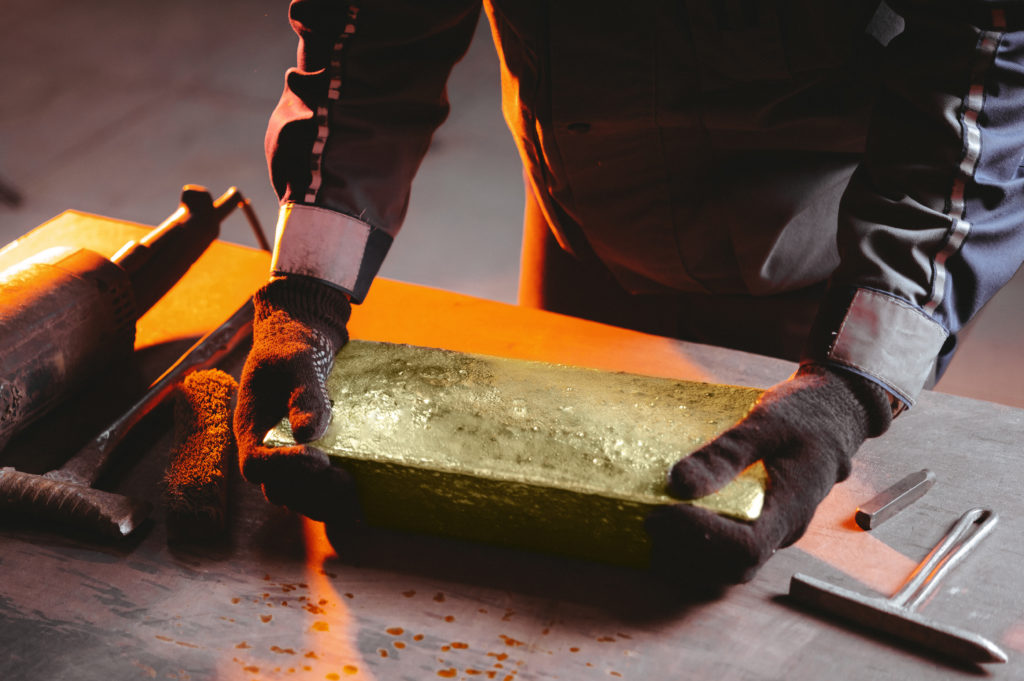Mining

Across Africa, Mining Data Digitization Gains Ground –But Hurdles Remain
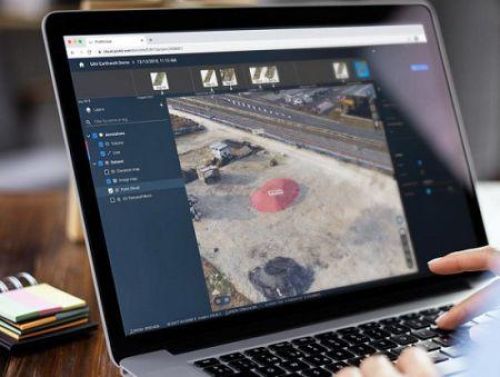
On Thursday, July 17, 2025, the Democratic Republic of Congo and the American company KoBold Metals announced a comprehensive cooperation agreement to develop the Congolese mining sector. A key component is the digitization of the country’s geological and mining data, making the DRC the latest African nation to embrace a trend that began over two decades ago. For instance, Namibia launched its Earth Data Namibia platform in 2003 to publicly disseminate mining exploration data. South Africa followed with its SAMRAD digital portal in 2011, and Tanzania introduced its Geological and Mineral Information System in 2015. Botswana and Malawi launched similar projects in 2016 and 2018, respectively.
More recently, Nigeria joined the trend with the Nigerian Mineral Resources Decision Support System, an application launched in May 2024 to provide open access to mining data for investors. In a program similar to the one announced by the DRC, the Central African Republic also announced reforms this year to make its mining data more accessible. CAR’s plan to develop a digitized geological information system and an electronic mining cadastre received $6.4 million in funding from the World Bank in May.
The Case for Digitization
These initiatives are designed to strengthen the free and public availability of mining data, which is considered a key lever for boosting mining investment across the continent. The African Union supports this approach, noting in its Africa Mining Vision report that "Geoscientific data and information generated in a systematic manner at the appropriate scales throughout Africa can significantly enhance the mineral prospectivity of the continent, increase private-sector investment in exploration and mine development, promote environmental sustainability and aid geohazards monitoring and mitigation, infrastructural development linkages and land-use planning, to name but some examples."
The World Bank argues that digitizing mining data also gives local stakeholders a competitive advantage by helping them better understand national mineral resources and negotiate more effectively with investors. These efforts are particularly important given that Africa captures only 10% of global spending on mineral exploration despite its vast mineral resources.
Challenges to Implementation
Despite a growing awareness of the importance of data digitization, implementation remains slow, according to Mark Cutifani, former chairman of mining company Vale Base Metals. Speaking at the London Indaba on July 11, he criticized the slow progress by African countries in opening access to geological data. He cited South Africa as an example, where long-standing issues with its SAMRAD system, transparency concerns, and a malfunctioning licensing system delayed more than 5,000 mining rights applications in 2021. In response, authorities this year announced the development of a new digital mining cadastre.
Citing Malawi and Nigeria as positive examples of data accessibility, Cutifani urged all African countries to follow suit. "I would ask, and this is a plea to every country in Africa, if you want investment, open-source your geological survey data, allow it to be transparent and demand value for access to your resources, and make it an open conversation," he said.



